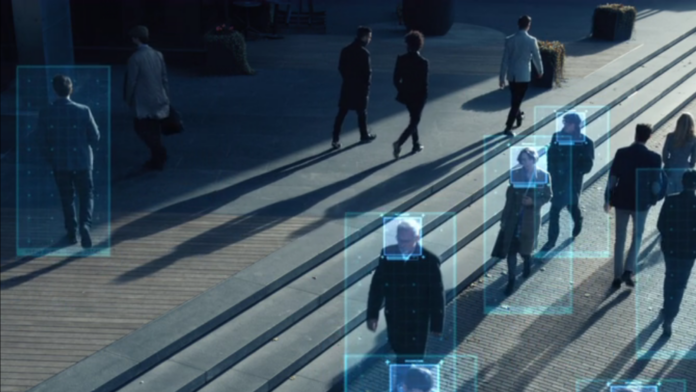In a world increasingly dominated by AI-generated content, how do we separate reality from fiction? Reality Defender, an emerging force in the fight against deepfakes, might have an answer. The startup recently announced a Series A funding round, securing $15 million. With backing from DCVC, Comcast Ventures, and several other investors, they’re poised to reshape the deepfake detection landscape.
A Brief Background
Founded in 2021 by former Goldman Sachs VP, Ben Colman, alongside tech-savvy cohorts Ali Shahriyari and Gaurav Bharaj, Reality Defender began its journey as a nonprofit. But as the deepfake problem mushroomed, they recognized not just its scale but also the burgeoning commercial interest in countermeasures.
To give you a sense of the issue’s magnitude, a report from DeepMedia indicates that there’s been a threefold increase in video deepfakes and an eightfold surge in voice deepfakes in the past year alone. A troubling trend, given the ease and affordability of creating deepfakes today.
Challenges in the Deepfake Landscape
Deepfakes aren’t just about recreating someone’s face or voice. They’ve found use in propaganda, with AI avatars spewing state-driven narratives. On platforms like 4chan, users have harnessed generative AI tools to flood the internet with divisive content. The potential misuse of deepfakes in spreading disinformation, sowing discord, or even committing fraud is undeniable.
Despite the risks, many social media platforms have yet to tackle deepfakes head-on. Colman mentions, “Unlike regulations on child abuse content, there’s no legislation requiring platforms to scan for deepfakes.”
Reality Defender’s Approach
Reality Defender doesn’t claim to have a silver bullet, but they’re making significant strides. They use a range of proprietary deep learning detection models, each trained on varied, real-world datasets. Colman emphasizes the importance of training these models on diverse data, “We integrate a broad spectrum of accents, skin colors, and more, to ensure our detectors are accurate and free from bias.”
Of course, there are skeptics. Some wonder about the true efficacy of deepfake detection tools. OpenAI, for instance, withdrew its AI-generated text detector due to accuracy concerns. Plus, there are potential pitfalls with deepfake detectors inadvertently reinforcing biases if not carefully trained.
Yet, despite skepticism and competition from both startups and tech giants, Reality Defender seems to be thriving. They count among their clients governments worldwide, top-tier financial institutions, media moguls, and multinational corporations.
Looking Ahead
With the funds from their Series A, Reality Defender plans to double their team size, refine their detection models, and introduce innovative tools like the “explainable AI.” This tool will allow users to scan documents, highlighting AI-generated sections, and they’re even working on real-time voice and video deepfake detection.
In Colman’s words, “Reality Defender uses AI to combat AI.” Their mission is clear: to safeguard reputations, counteract fraud, halt disinformation, and tackle the myriad challenges posed by deepfakes. As the AI landscape continues to evolve, Reality Defender is positioning itself at the forefront of the defense line.











